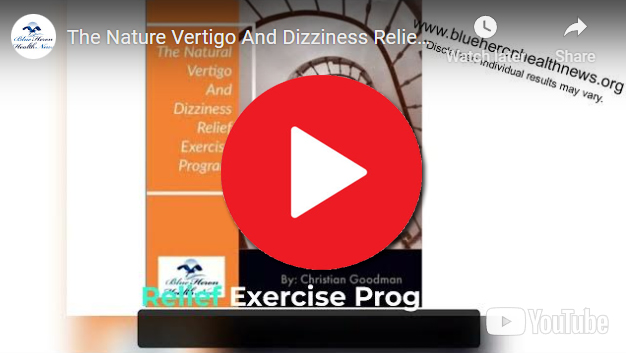
Living with vertigo and dizziness can be challenging, but there are strategies and treatments that can help manage these symptoms. It’s important to consult with a healthcare professional for an accurate diagnosis and personalized advice, but here are some general tips:
- Medical evaluation: If you haven’t done so already, it’s crucial to consult with a healthcare professional to determine the underlying cause of your vertigo and dizziness. They may refer you to a specialist, such as an otolaryngologist (ear, nose, and throat specialist) or a neurologist, who can conduct further tests and examinations to identify the specific condition causing your symptoms.
- Medications: Depending on the cause of your vertigo, your doctor may prescribe medications to alleviate symptoms or manage the underlying condition. These can include anti-vertigo medications, anti-nausea drugs, or medications that help improve blood circulation.
- Vestibular rehabilitation therapy (VRT): VRT is a form of physical therapy that focuses on exercises and techniques to strengthen the vestibular system and improve balance. A trained physical therapist can design a personalized VRT program for you, targeting specific issues related to your vertigo and dizziness.
- Lifestyle modifications: Making certain changes in your lifestyle can help reduce the frequency and severity of vertigo episodes. These may include:
- Avoiding triggers: Identify and avoid factors that trigger your vertigo, such as certain head movements, bright lights, or specific foods.
- Rest and relaxation: Get sufficient rest and manage stress levels, as fatigue and stress can worsen symptoms.
- Head position: Be cautious while changing positions, especially when getting out of bed or turning your head quickly. Move slowly and give your body time to adjust.
- Supportive devices: Consider using walking aids, handrails, or grab bars to provide stability and prevent falls.
- Avoiding alcohol and caffeine: These substances can potentially exacerbate symptoms, so it may be helpful to limit or avoid them.
- Home safety precautions: Make your home environment safer to minimize the risk of falls during episodes of dizziness or vertigo. Remove obstacles and ensure good lighting in your living space.
- Emotional support: Living with vertigo and dizziness can be emotionally challenging. Seek support from family, friends, or support groups to share experiences, coping strategies, and emotional support.
Remember, these tips are general recommendations, and your healthcare professional will provide personalized advice based on your specific condition and needs. It’s important to follow their guidance for proper diagnosis and management of your vertigo and dizziness.
See More on Video

The Nature Vertigo And Dizziness Relief Exercise Program™ By Christian Goodman These simple exercises will only take 3-15 minutes of your time every day can be done anywhere including at home, office and even when on vacation. The results that you will get from simple head exercises that you will perform meaning that once you are healed, then you won’t have to do them again.